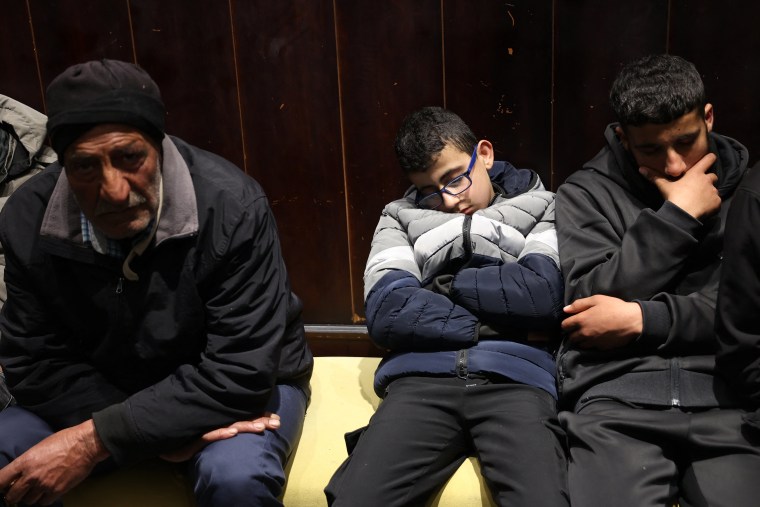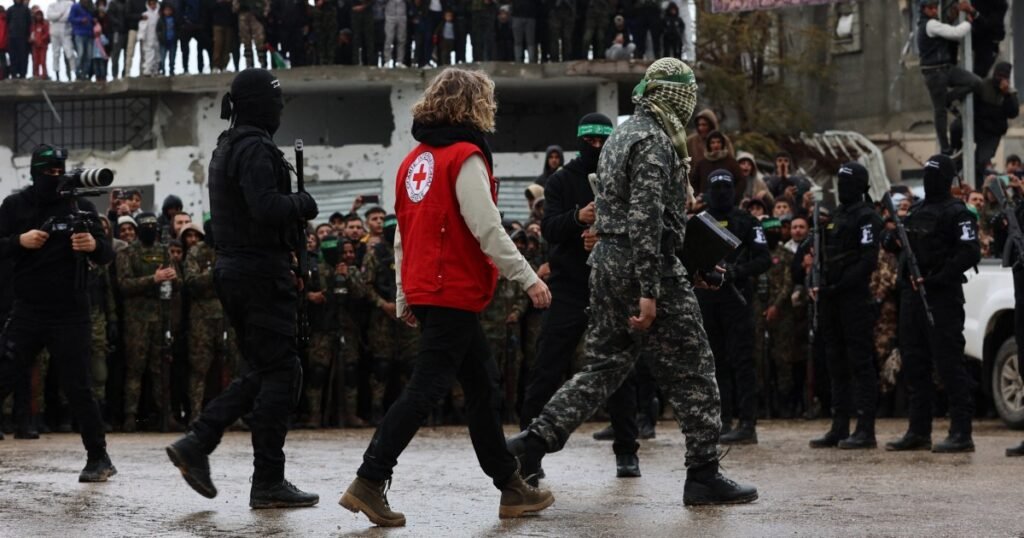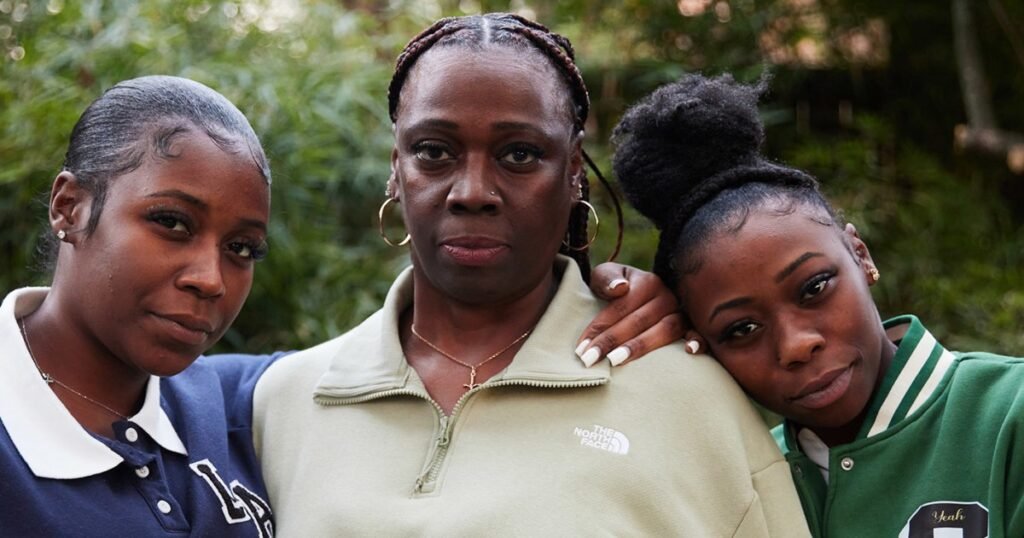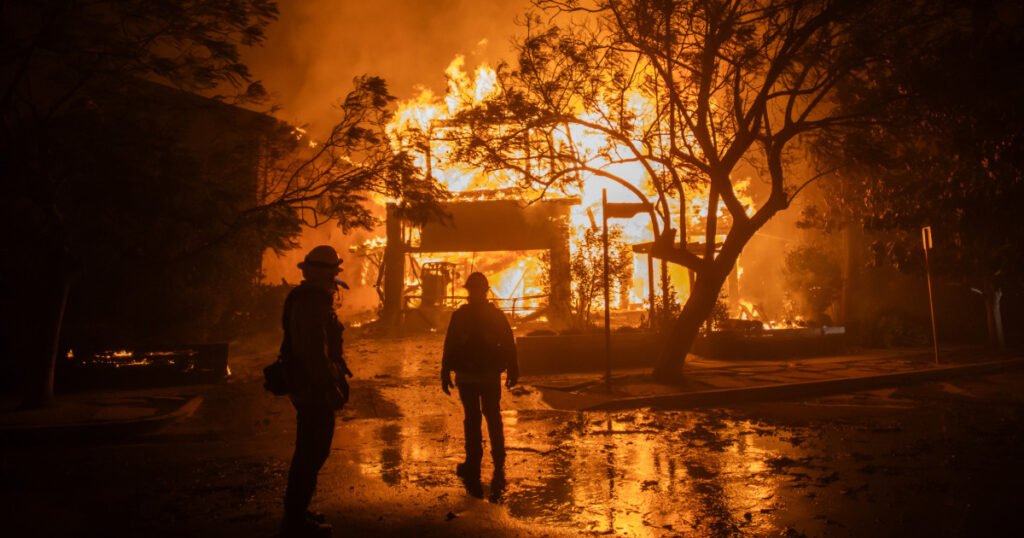Families waiting for the release of some 600 prisoners remain in limbo after Israeli Prime Minister Benjamin Netanyahu announced Saturday that he would delay their release, a decision that violated the exchange terms of the ceasefire agreement after Hamas had earlier released six Israeli hostages.
Netanyahu cited “Hamas’s repeated violations, including the ceremonies that humiliate our hostages and the cynical exploitation of our hostages for propaganda purposes” in announcing the delay.
Hamas has been criticized for conducting heavily choreographed ceremonies each time they released hostages back to Israel.
Netanyahu said he would not free this batch of Palestinian prisoners and detainees, “until the release of the next hostages has been assured, and without the humiliating ceremonies.”

There are 63 hostages remaining in Gaza, according to the Israeli Prime Minister’s Office, 27 of whom are presumed alive. No arrangements have yet been made for their release.
Hamas condemned the delay, and called the accusations surrounding the ceremonies a “flimsy pretext aimed at evading the agreement’s obligations.”
It added the delay exposed the ongoing ceasefire agreement “to grave danger” and urged the United States and other international partners to pressure Israel into releasing the Palestinians held in its custody.
The release of the Palestinian prisoners and detainees — the largest group to be freed under the ceasefire agreement — was part of the final prisoner-hostage exchange of the first stage of the ceasefire deal. It would have included 445 detainees who were not sentenced to time in prison, as well as 24 women and children.
More than 400 of these prisoners had been destined for Gaza, where families had been waiting in the biting cold to received their loved ones.
Asia Khaleel Fayyad, who arrived a day early to meet her husband after traveling with her son and father-in-law, waited anxiously by the bus shelter with her son on her lap, fearful that the reunion might be delayed indefinitely.
“The stress has killed us,” Fayyad told the NBC News crew. “We cannot wait more than this. We have lost all hope. We have been waiting since yesterday and we arrived yesterday in order to meet them early. We are really afraid that they will kill our joy and make us meet them only tomorrow or after tomorrow.”
The Palestinian Prisoners’ Club called Israel’s decision to delay the release of over 600 Palestinians a form of “organized terrorism against the prisoners and their families.”

A number of Red Cross vehicles including a bus had been waiting outside the Ofer prison in the Israeli-occupied West Bank on Saturday.
The first phase of the ceasefire is due to end March 1, and with phase two still uncertain, the latest delay has become a significant challenge to the agreement.
The ceasefire agreement has held despite suffering a number of setbacks. Hamas accused Israel of blocking aid into Gaza while Israel has accused Hamas of conducting humiliating ceremonies during the hostage releases.
Last week, Hamas sparked outcry when it delivered a coffin to Israel which it claimed carried the remains of hostage Shiri Bibas. The IDF later said that testing showed the body purported to be Shiri Bibas was that of someone else.
The incident caused outrage from Israeli officials, and the IDF called it “a very serious violation” of the ceasefire. Hamas called it a mistake, and said that Bibas’ remains may have been “mixed” with others when they were hit by an Israeli airstrike.
Hamas returned another set of human remains to Israel early on Saturday, which were confirmed to be Shiri Bibas.
Source link



